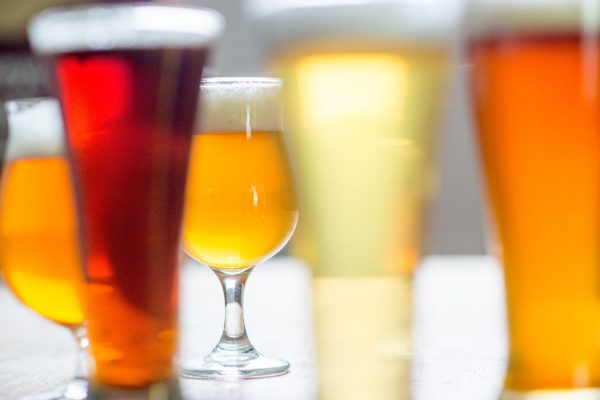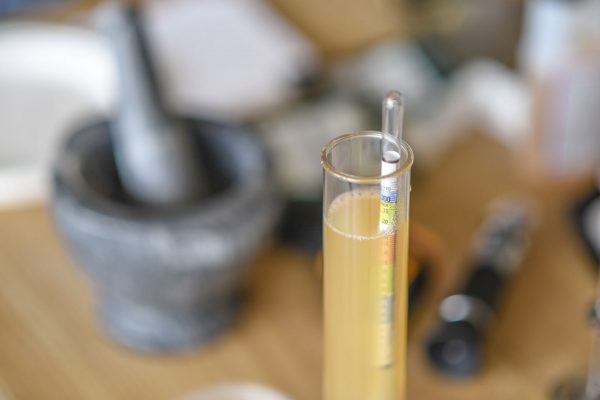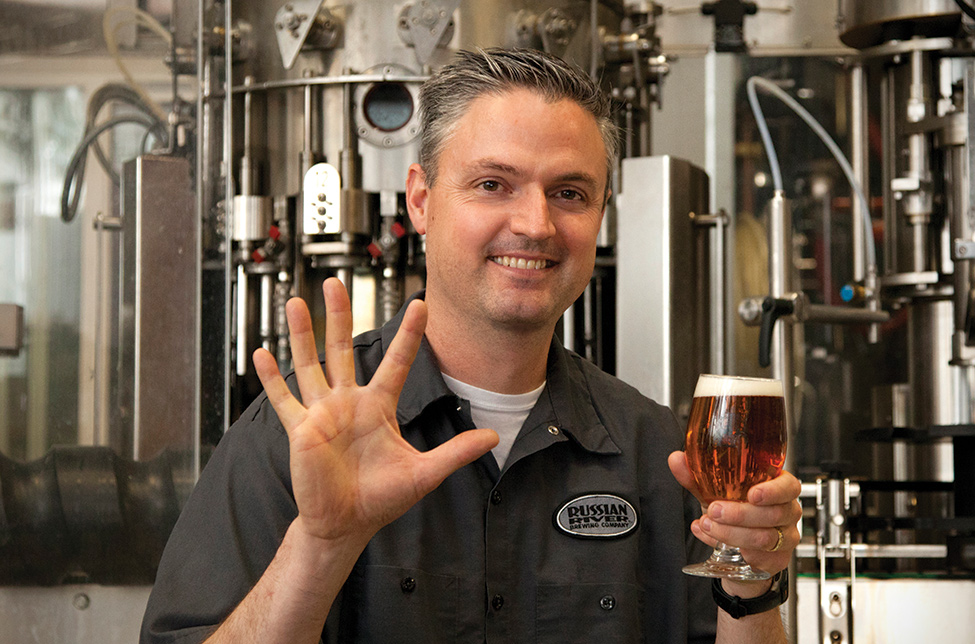

Bartlett Perry
10.0 gal (37.85 L) fresh Bartlett pear cider sulfited to 50 ppm SO2 Malic acid to adjust acidity to 6g/liter 10 g Lalvin DV-10 yeast (properly hydrated) Fermax, added in two additions, per product instructions…
Peruse pairings, learn how to make beer, cider, mead, kombucha, and other alternative fermentations, get DIY tutorials, and much more in our archives.


10.0 gal (37.85 L) fresh Bartlett pear cider sulfited to 50 ppm SO2 Malic acid to adjust acidity to 6g/liter 10 g Lalvin DV-10 yeast (properly hydrated) Fermax, added in two additions, per product instructions…


“Juice was unpasteurized and had a pH of 3.5, stock solution of sodium metabisulfite added to 100 parts per million. After 24 hours, pectic enzyme and rehydrated yeast were added. Fermentation was started at room temperature and moved…

Dear California AHA Members, Your action is needed now to ensure passage of AB 2609, a bill that will allow homebrewer organizations to host homebrew events in the state of California like the Southern California Homebrewers Festival and…

Collecting and reusing yeast from a fermented batch of beer is common practice among home and professional brewers. In fact, records show it has been done since the 12th century, with some saying it likely occurred thousands of years before that.…

Plastic carboys are great. They are lightweight, virtually unbreakable and clear so you can watch the yeast at work. The trouble is, they can be a hassle to clean! With plastic buckets, cleaning is not typically an issue since you can…

Radegast is the ancient Slavic god of hospitality who is also said to have created beer to help in his congenial endeavors. He is the perfect symbol of the new Radegast Club of the Year Award, acknowledging homebrew clubs not…

During the 2014 National Homebrewers Conference in Grand Rapids, Mich., Beer Judge Certification Program (BJCP) President Gordon Strong presented the updated 2014 BJCP Style Guidelines. Chop & Brew was at the conference with cameras rolling and captured…

Each year we ask Zymurgy readers to share a list of their 20 favorite beers that are commercially available in the United States. We tallied the votes, and here are the results for the 2014 Best Beers…

It's safe to say Vinnie Cilurzo, owner and brewmaster of Russian River Brewing Company, knows a thing or two about making hoppy beers. His double IPA, Pliny the Elder, earned the title of Zymurgy's 2015 Best Beer in America for seven…

Each year, your American Homebrewers Association (AHA) Governing Committee selects a recipient for the annual AHA Governing Committee Recognition Award. First issued in 1988 to Fred Eckhardt, the award honors outstanding service to the community of homebrewers. It was with…
Share Post